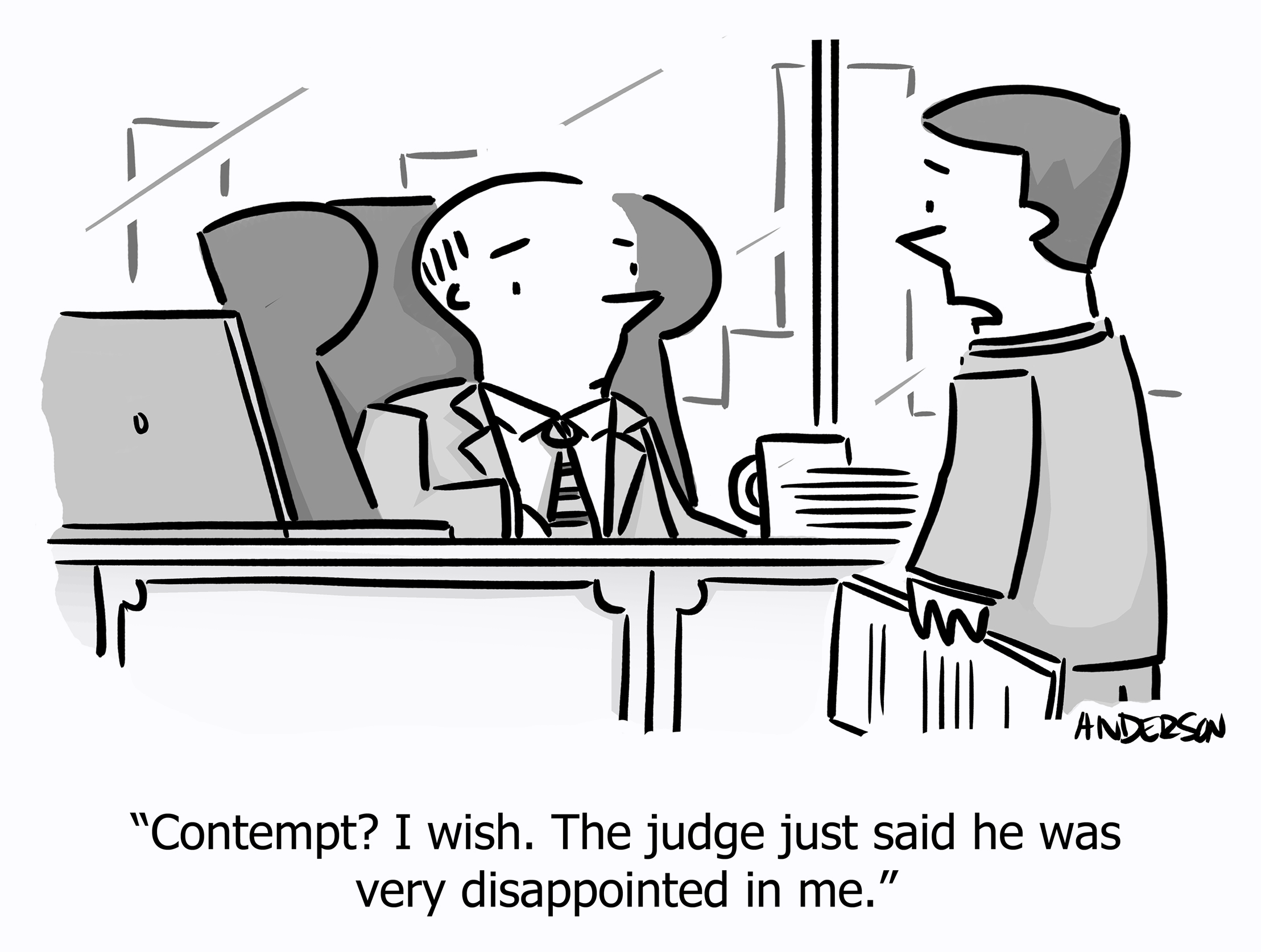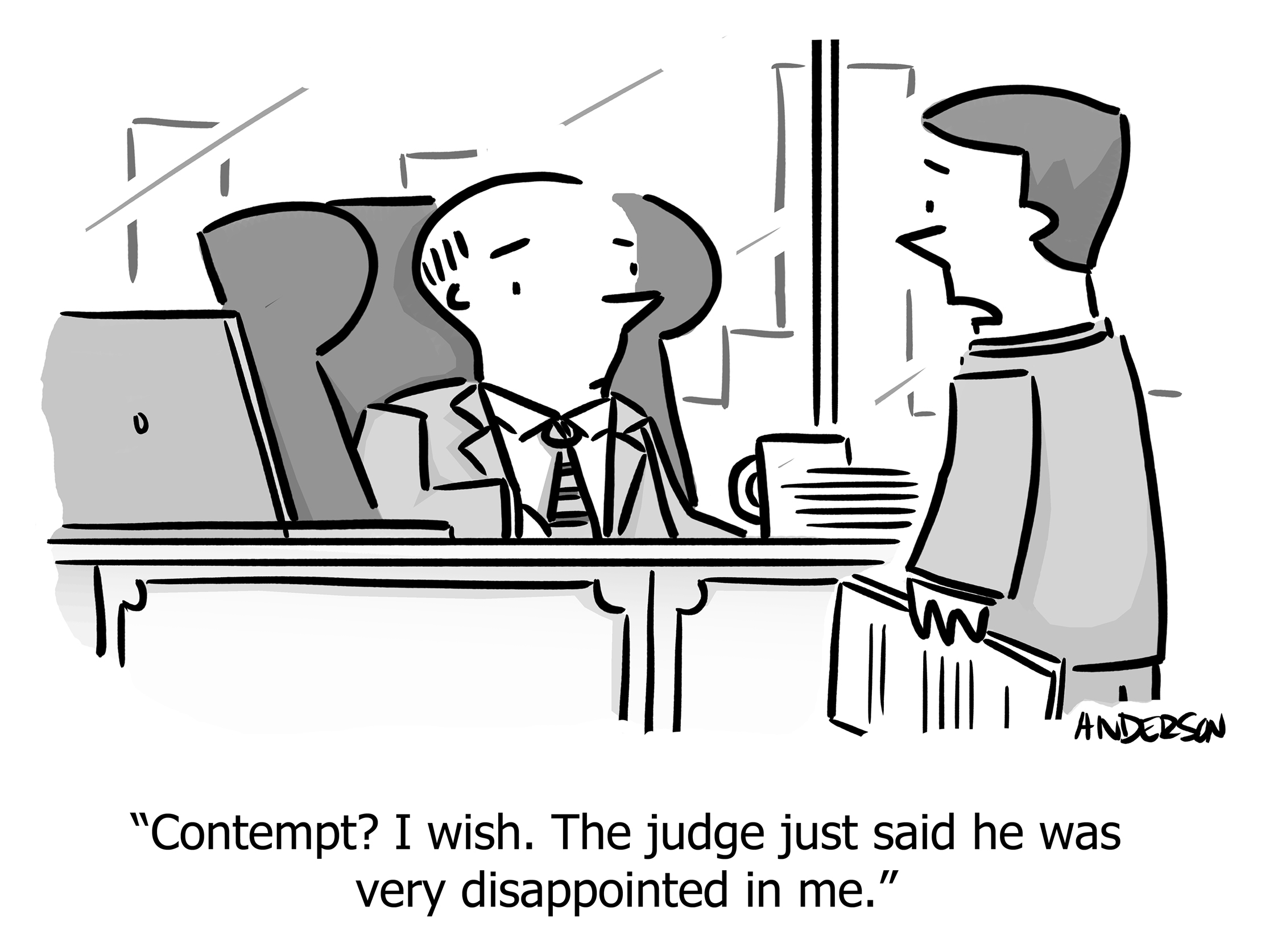On the value of Judgement
We’re told not to judge, lest we be judged.
But we are judged, by our customers choosing between us and a competitor, by our employees choosing whether to entwine their careers with our fate, and by our peers, allies, and passive-aggressive antagonists on social media.
We’re instructed to respect others, especially other cultures. Indeed, new perspectives yield new insights. We are plagued by a bias against the unfamiliar, especially when it’s convenient for our egos to deny that a new idea is superior to our own. But battling our emotional distain of the alien does not automatically imply respect for all other cultures and ideas. “Respecting” female mutilation because “it’s a sin to judge,” is unacceptable.
Judgement is essential. Judgements carve out the important from the incidental, a necessary component of focus. Judgement declares an idea victorious among alternatives, not as a determinant of universal truth, but to cease dithering, and thus enable progress.
Rather than avoid judgement as a sin, we should invest in it as a skill. Rather than damn the act of judgement for the sake of avoiding incorrect judgments, we should celebrate the component skills of great judgement such as bias-avoidance, clarifying the essential, combining data with vision, reasoning from first-principals, and prioritization of apparently uncomparable options.
Observing the world with dispassionate equanimity is not a recipe for progress, nor insight, nor strategy. Great products, great design, great companies, great cultures, great strategy, great writing, great religions, all depend on a set of strong, clear judgments.
Thus, avoiding judgement means avoiding greatness.
https://longform.asmartbear.com/judgement/
© 2007-2026 Jason Cohen
 @asmartbear
@asmartbear






